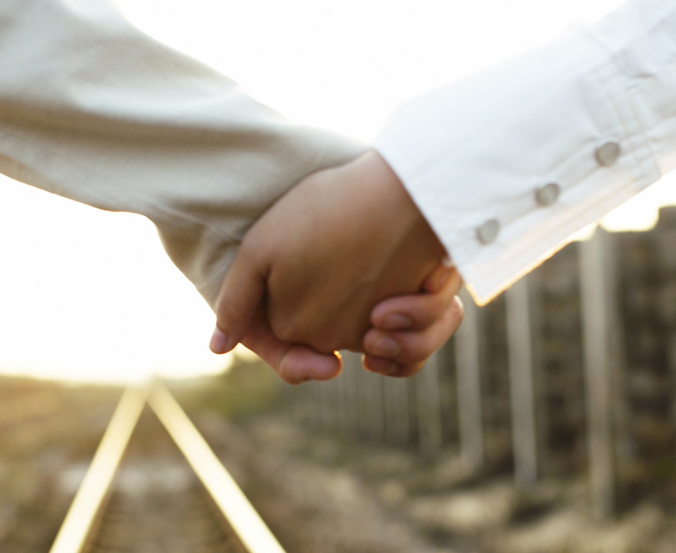Gale-force winds, torrential rain, and a monster tidal surge: ingredients for catastrophe in even sparsely-populated areas. But what happens when a storm of this severity hits an urban environment like Houston, TX? Stressful doesn’t even begin to describe such an event – so how can a community begin to rebuild after a natural disaster, and how can individuals overcome the sense of loss? With the help of trained counselors.
Counselors arrive in conjunction with rescue crews, right on the heels of the potable water, meals, and relief items (including cleanup kits, lamps, blankets, and batteries) delivered to the affected areas. Disaster counselors work in tandem with community organizers and public officials to create a plan for resource allocation. Counseling sessions may take place in private residences, but counselors are more commonly based in storm shelters where displaced and newly-homeless survivors are living temporarily. Moreover, because some disasters are so devastating as to warrant more counselors than are readily available to work in person, organizations such as the Red Cross may launch toll-free distress counseling help lines.
Graduate level counseling programs teach counselors how to address hard questions and complex situations. These are essential skills in any disaster counselor. Disaster survivors may feel that they’ve lost control of their lives or fear for their future safety. Grief over property damage and the loss of physical possessions may be more severe in those who have also witnessed widespread destruction within their communities. Common reactions to disasters include mental or physical exhaustion, changes in sleep patterns or appetite, impaired reasoning skills, and an overwhelming sense of anger or sadness. These reactions are perfectly normal and generally temporary, and in response, counselors strive to offer assistance and understanding.
Trained counselors help survivors work through their problems in the here and now. Unlike behavioral therapists who offer long-term plans, disaster counselors aim to minimize stress and help survivors get back on their feet by focusing on each individual’s immediate needs. During the course of a counselor education program, the counselor will learn techniques specific to disaster counseling, including how to assess the survivor’s situation, determine a recovery plan, and bolster the survivor’s coping strategies. Survivors will then be better prepared to work out solutions to their problems, seek support, and reduce stress levels through positive thinking.
Hurricane Harvey has proven that disaster can strike at any moment. No location is completely safe. But with training from counseling programs, counselors can stand as advocates, mentors, and friends to the survivors struggling through difficult times.
Visit the American Red Cross website for information on how you can help those affected by Hurricane Harvey.


